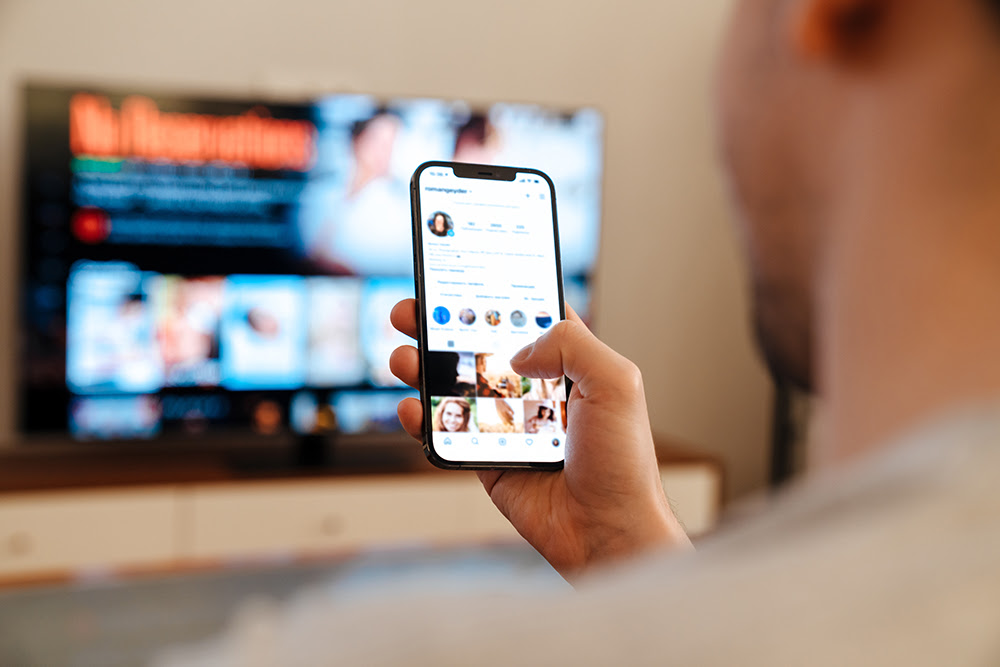Gen Z not just scrolling: Long-form TV content holds strong appeal

Subscribe to NewscastStudio for the latest news, project case studies and product announcements in broadcast technology, creative design and engineering delivered to your inbox.
Horowitz Research’s “Focus Generation Next” study, conducted in October 2023, presents insightful data on the media consumption habits of Generation Z in the United States.
Contrary to the common perception that Gen Z (ages 13-24) predominantly indulges in short-form content like social media clips and streaming music, the study reveals a significant engagement with professional, long-form television content. The research shows that Gen Z audiences are nearly as likely to watch professionally produced TV shows as they are to engage with non-TV content such as social media videos, user-generated clips and video game live streams.
Surprisingly, 70% of Gen Z respondents report watching full-length TV content weekly, closely following the 80% who view short-form videos with the same frequency. This trend is consistent across both the older (18-24 years) and younger (13-17 years) segments of Gen Z.
Interestingly, Gen Z’s TV viewing habits are not confined to traditional television screens. Over half of the respondents typically watch long-form TV content on their TV sets, while more than a third prefer viewing on smartphones. This is in contrast to the 65% who use smartphones to watch short-form content. Notably, around 20% of Gen Zers, especially the older demographic, also view non-TV content on their television screens. This crossover suggests potential opportunities for media companies and advertisers to incorporate mobile-centric behaviors, like content sharing and interactive commerce, into the larger screen experience.
Gen Z’s appetite for diverse content is catered to by their use of multiple streaming services. On average, Gen Z streamers subscribe to 6.1 streaming services, an increase from 5.0 in 2020. Free Ad-Supported Streaming TV (FAST) services like the Roku Channel, Tubi and Pluto TV are gaining popularity among this demographic.
The study also highlights the preferred TV content genres for Gen Z viewers, which include movies, animated series (excluding anime), dramas and music-related shows. Older Gen Z members generally report higher viewership in these categories compared to their younger counterparts.
Adriana Waterston of Horowitz Research, notes the engagement of Gen Z with long-form content and the implications for content development, user experience and revenue models. She anticipates a keen interest from these younger audiences in new content, especially post the resolution of writers’ and actors’ strikes.
The complete “Focus Generation Next” report offers a detailed analysis of Gen Z’s interaction with various forms of video content, entertainment, brand relationships and their unique position as politically aware digital natives. The study, which includes responses from 812 Gen Z individuals in the U.S., also over-samples Latinx, Black and Asian demographics, ensuring a comprehensive and diverse perspective.
Subscribe to NewscastStudio for the latest news, project case studies and product announcements in broadcast technology, creative design and engineering delivered to your inbox.



tags
Horowitz Research
categories
Broadcast Industry News, Featured, Market Research Reports & Industry Analysis